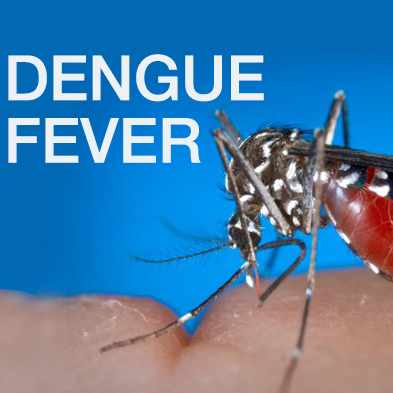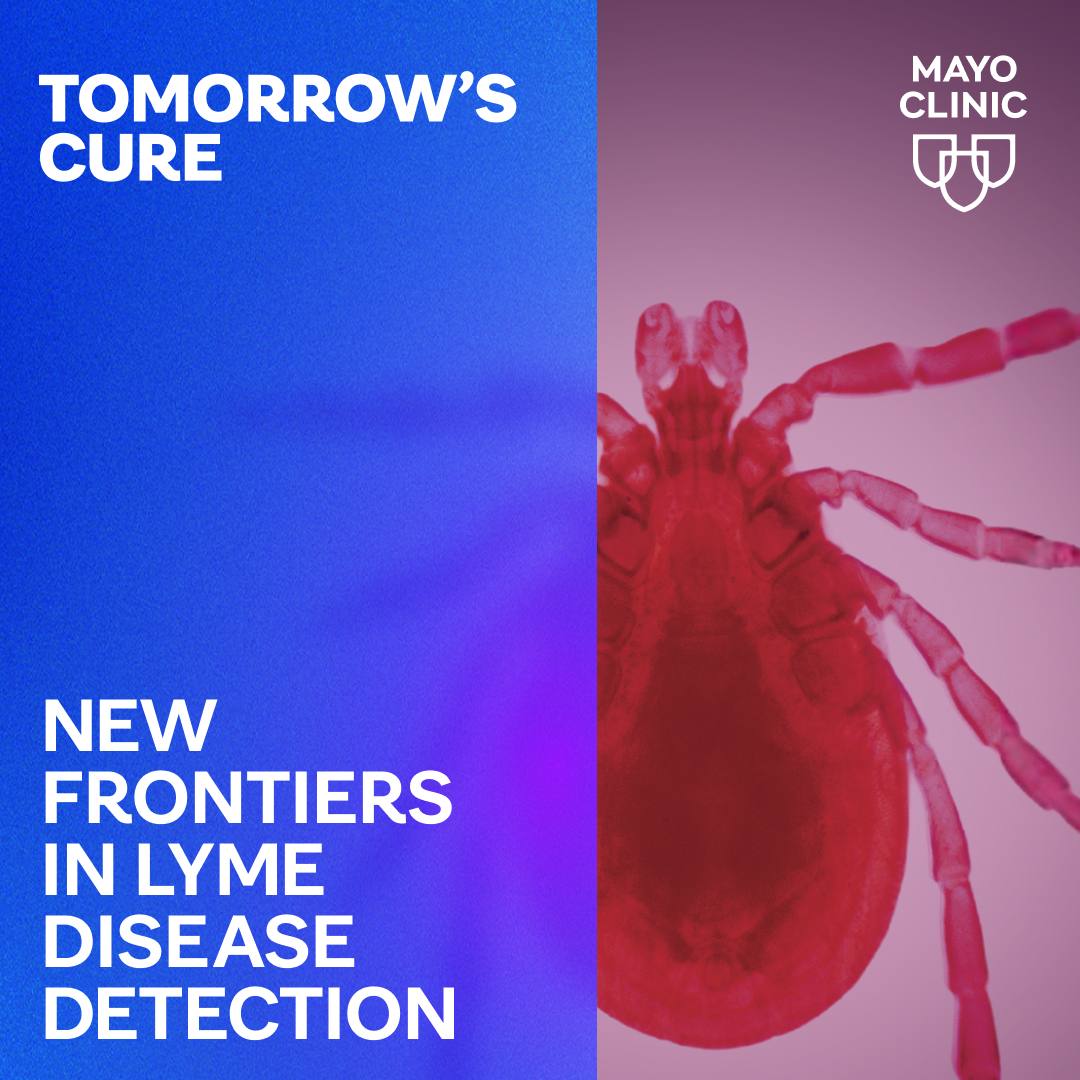-
Mayo Clinic Minute: What are superbugs?
Antibiotics treat bacterial infections, prevent the spread of disease and reduce serious complications of disease. But misusing antibiotics can lead to drug resistance and strains of superbugs.
Dr. John Presutti, a Mayo Clinic family medicine physician, explains what your care team may ask of you before prescribing an antibiotic.
Journalists: Broadcast-quality video (1:00) is in the downloads at the end of this post. Please courtesy: "Mayo Clinic News Network." Read the script.
It's the time of year when illnesses run wild. Getting the right treatment is not only important now, but for your future health, too.
"When we give too many antibiotics, we end up with resistance with those antibiotics when we really need them, resulting in the multidrug-resistant bacteria known as superbugs," says Dr. Presutti.
Examples of superbugs include bacteria that can cause pneumonia, urinary tract infections and skin infections. There's a global effort to make sure antibiotics are prescribed appropriately to limit resistant bacteria strains.
"We want to encourage people, with their doctor's knowledge, to use over-the-counter medications to help with the symptoms, make sure they hydrate well and get plenty of sleep," says Dr. Presutti.
In general, watch symptoms for three to seven days unless your condition worsens or you notice certain signs.
"Fevers or rashes, or significant joint pain; if you notice that your tonsils are getting larger; if you're getting spots in your mouth — those are reasons to engage your physician earlier," says Dr. Presutti.
Related:
For the safety of its patients, staff and visitors, Mayo Clinic has strict masking policies in place. Anyone shown without a mask was recorded prior to COVID-19 or recorded in an area not designated for patient care, where social distancing and other safety protocols were followed.
Related Articles







